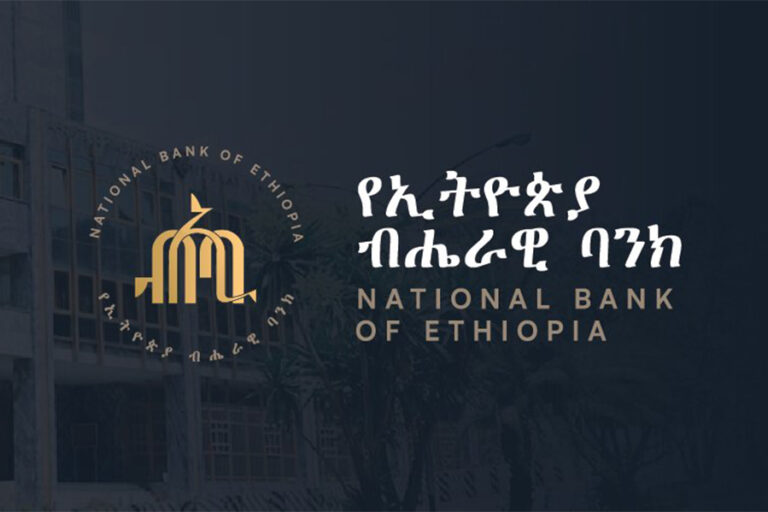In order to support and facilitate the preparations for the departure of three Sudanese citizens receiving the 2024 Darmasiswa Scholarship, the Indonesian Embassy held a virtual meeting on Thursday (8/8) with participants of the 2024 Darmasiswa Program.
In his remarks, Indonesian Ambassador Sunarko expressed his appreciation to all scholarship recipients who remain enthusiastic about studying amidst the current situation in Sudan. Ambassador Sunarko emphasized the importance of thorough preparation so that Darmasiswa participants can maximize this opportunity to get to know and learn Indonesian culture and language at several leading universities in Indonesia.
Furthermore, the PF. Pensosbud of the Indonesian Embassy in Khartoum delivered the Darmasiswa Pre-Departure Briefing to all participants, including ensuring that participants arrive in Indonesia on time, participate in the orientation program in Jakarta, participate in all series of activities and comply with the regulations that have been set before departure to Indonesia.
Darmasiswa recipients from Sudan expressed their gratitude and appreciation for the support and Pre-Departure Briefing facilities provided by the Indonesian Embassy in Khartoum. They hope that the Darmasiswa scholarship program can improve the relationship between the people of Indonesia and Sudan through people-to-people connectivity which will ultimately strengthen the bilateral relations between Indonesia and Sudan.
Distributed by APO Group on behalf of Embassy of the Republic of Indonesia in Khartoum, Sudan.



